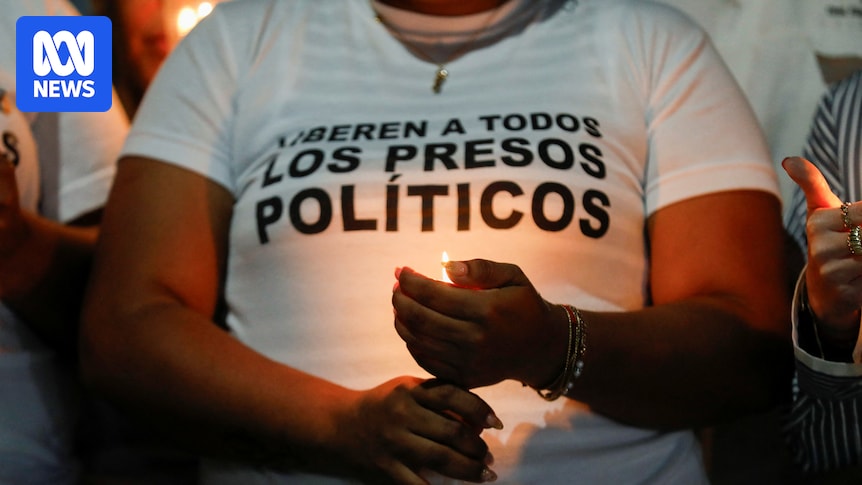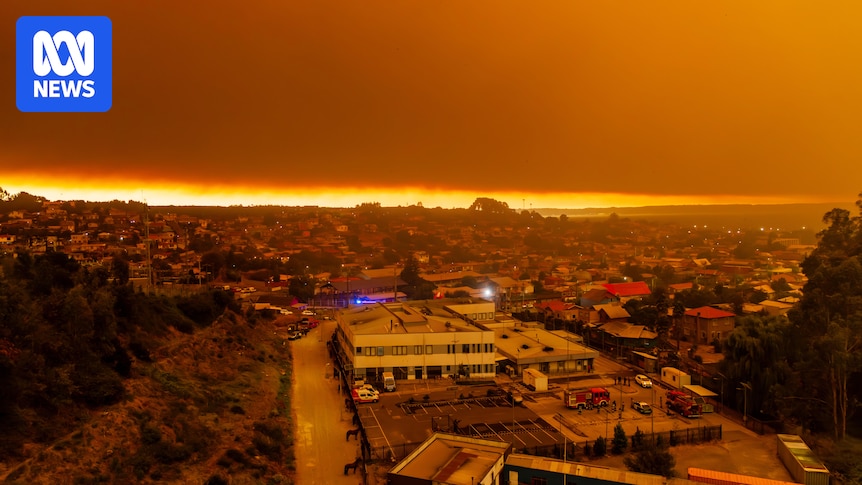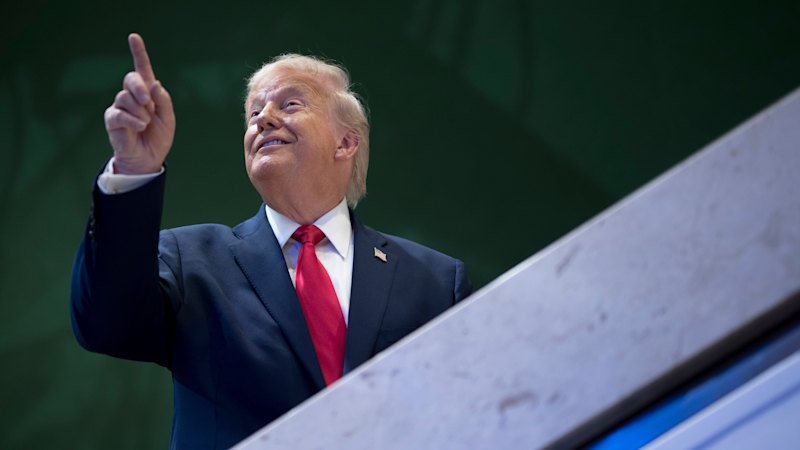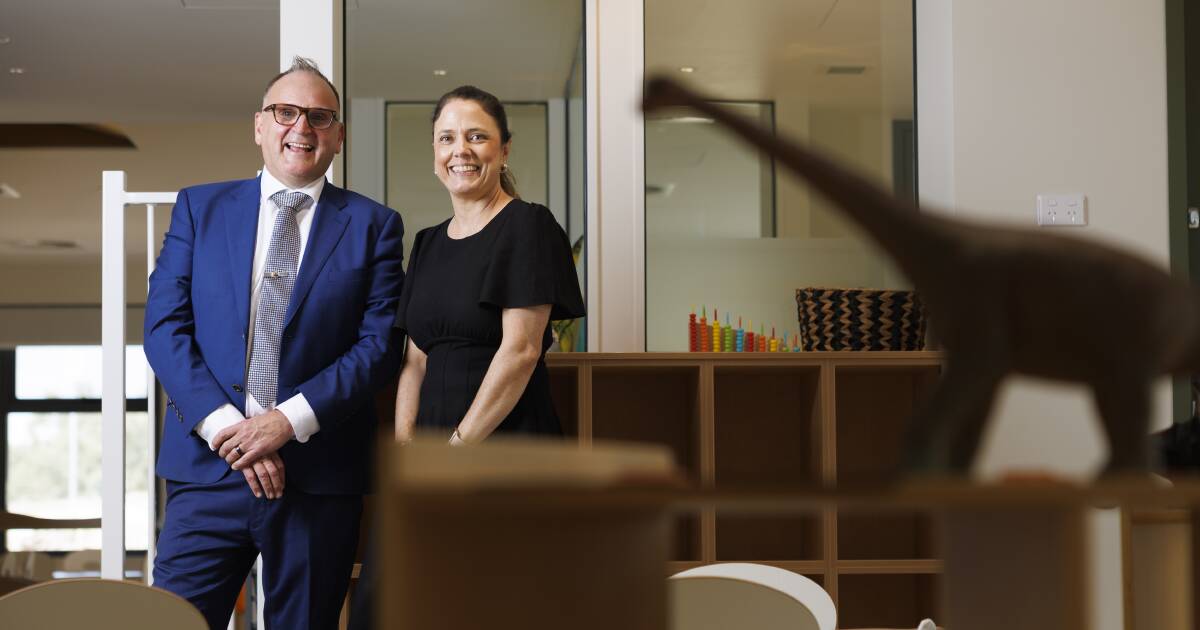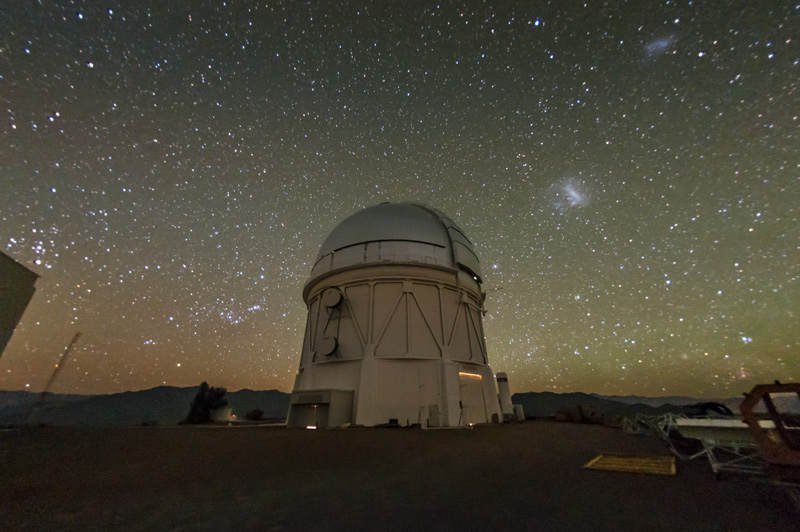
As the situation in Gaza continues to deteriorate, Australian Prime Minister Anthony Albanese has called for a ceasefire but has stopped short of recognizing Palestinian statehood. This comes amid escalating violence and a humanitarian crisis that has drawn international attention and criticism.
The call for a ceasefire follows the collapse of negotiations between Israel and Hamas, with both Israel and the United States withdrawing their negotiators. The breakdown in talks has been attributed to Hamas, which has governed Gaza for over a decade. Former U.S. President Donald Trump’s special envoy, Steve Witkoff, commented on the situation, stating that Hamas’s latest actions demonstrate “a lack of desire to reach a ceasefire in Gaza.”
International Reactions and Humanitarian Efforts
In response to the ongoing crisis, United Kingdom Foreign Secretary David Lammy, currently visiting Australia, has highlighted efforts by the UK and Jordanian governments to alleviate suffering in Gaza. These efforts include the possibility of airdrops to deliver much-needed aid. Meanwhile, the Israel and US-backed Gaza Humanitarian Foundation is distributing aid, although access remains perilous, with reports of fatalities among Palestinians attempting to reach distribution sites.
Israel’s government has denied allegations of intentionally creating famine conditions in Gaza. David Mencer, a spokesman for the Israeli Prime Minister’s office, placed the blame on Hamas for “man-made shortages” by looting aid trucks. Similarly, Israel’s ambassador to Australia, Amir Maimon, emphasized the need to hold Hamas accountable for the ongoing conflict.
France Recognizes Palestinian Statehood
In a significant diplomatic move, French President Emmanuel Macron announced that France would become the first G7 nation to recognize Palestinian statehood. This decision is expected to influence other nations to follow suit at the United Nations General Assembly. Macron stated, “True to its historic commitment to a just and lasting peace in the Middle East, I have decided that France will recognize the State of Palestine.”
Macron also stressed the importance of demilitarizing Hamas and rebuilding Gaza, reflecting a broader international consensus on the need for a sustainable peace process.
Australia’s Position and Political Reactions
Prime Minister Albanese reiterated Australia’s commitment to a two-state solution, suggesting that his government might consider following France’s lead. However, no official commitment has been made. “Recognizing the legitimate aspirations of the Palestinian people for a state of their own has long been a bipartisan position in Australia,” Albanese remarked.
Foreign Minister Penny Wong has previously stated that recognition of Palestine should not be contingent on the conclusion of a peace process, advocating for a two-state solution as the only viable path to peace. Meanwhile, opposition figures and former politicians have urged the government to act swiftly in recognizing Palestine.
“The time is now: we should move to recognize Palestine now, standing alongside France,” said former Labor frontbencher Ed Husic.
Australia Palestine Advocacy Network President Nasser Mashni has called for more than just recognition, advocating for sanctions against Israel and a two-way arms embargo. “Recognition without consequences for Israel only entrenches the status quo of genocide, apartheid, and illegal occupation,” he stated.
Implications and Future Prospects
The decision by France has sparked a debate about the implications of recognizing Palestinian statehood without a comprehensive peace agreement. Israeli Prime Minister Benjamin Netanyahu criticized France’s move, suggesting it rewards terrorism and risks creating another Iranian proxy. Similarly, U.S. Secretary of State Marco Rubio described the decision as “reckless.”
As the international community grapples with these developments, the focus remains on finding a path to peace that addresses the humanitarian needs of the Palestinian people while ensuring security for Israel. The Australian government faces pressure from various quarters to take a definitive stance, reflecting the complex geopolitical landscape of the Middle East.
With the United Nations General Assembly approaching, the global community will be closely watching to see which countries follow France’s lead, potentially reshaping the dynamics of Middle Eastern diplomacy.
